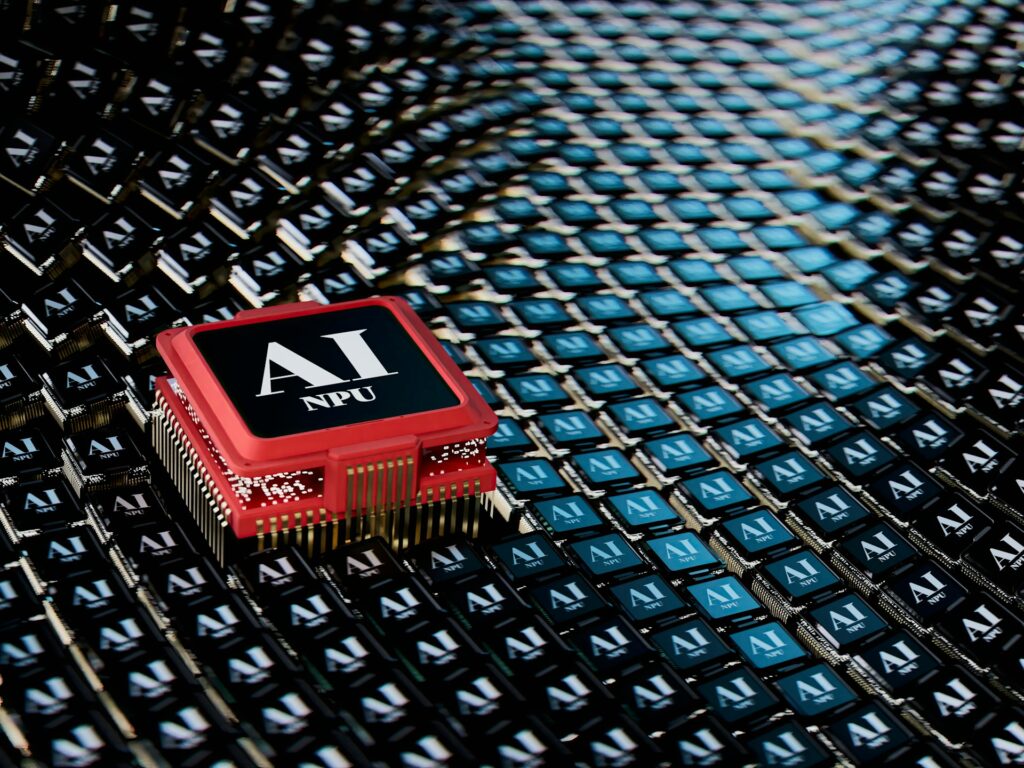Many people are concerned about whether laptops emit harmful radiation and how it might affect our health. While laptops do emit low levels of non-ionizing electromagnetic fields (EMFs), similar to other electronic devices, this radiation is generally considered safe!
However, prolonged exposure, especially with the device on your lap, can cause localized heating, which may lead to discomfort or even affect fertility over time. There’s also debate about electromagnetic sensitivity, though scientific evidence remains inconclusive.
Overall, by following simple safety tips—like using a laptop on a desk or with a radiation shield—you can reduce any potential risks.
Is radiation from a laptop harmful?
Laptops emit several types of radiation, mainly non-ionizing radiation, which is less harmful than ionizing radiation like X-rays. This includes radiofrequency electromagnetic fields (EMF) from Wi-Fi and Bluetooth, and low-frequency EMF from the laptop’s power supply and screen.
Although laptops do emit radiation, it’s essential to clarify that it is non-ionizing, meaning it doesn’t have enough energy to damage DNA directly or cause cancer.
Concerns often arise around long-term exposure. Extensive research, including studies from organizations like the World Health Organization (WHO), has found no conclusive evidence that laptop radiation is harmful under typical usage conditions.
However, using a laptop on your lap for extended periods can cause heat-related skin issues like “toasted skin syndrome,” but this is unrelated to radiation!
Let’s address specific concerns:
Do laptops emit radiation when turned off?
No, laptops do not emit radiation when they are powered off, as the components generating EMF are not active.
Is laptop radiation harmful during pregnancy?
There’s no definitive scientific evidence linking laptop radiation to pregnancy complications. Since the radiation emitted is non-ionizing and of low intensity, the risks are minimal.
Should I worry about laptop radiation on the lap?
Placing laptops directly on your lap exposes you to heat rather than harmful radiation. It’s advisable to use a cooling pad or a table to avoid discomfort from prolonged heat exposure.
Can laptop radiation cause cancer?
No substantial evidence suggests that laptop radiation causes cancer. Non-ionizing radiation, like that from laptops, is not strong enough to cause cellular damage or trigger cancer development.
Is laptop radiation harmful to babies?
The radiation emitted by laptops is low, and there is no evidence that it harms babies. However, it’s best to keep laptops a safe distance away from infants to avoid unnecessary exposure to heat or light.
What are the effects of computer radiation on the human body?
Generally, laptop radiation, being non-ionizing, poses little to no threat to human health. The main concern is heat and eye strain from screen usage, both of which can be managed with regular breaks and using ergonomic accessories.
Do laptops emit more radiation than phones?
Laptops emit non-ionizing radiation, similar to mobile phones, but they generally emit less. Mobile phones tend to emit higher levels of RF radiation due to their proximity to the body and constant communication with cell towers. In contrast, laptops produce lower RF levels as they aren’t continuously transmitting signals like phones.

The level of radiation from both devices, however, is considered too low to cause any significant health risks under normal usage conditions!
How can I protect myself from laptop radiation?
- Use a wired connection: Wi-Fi emits electromagnetic radiation. Switch to Ethernet when possible to reduce exposure.
- Avoid placing the laptop directly on your lap: Prolonged close contact can expose you to more radiation and heat. Use a laptop stand or radiation shield instead.
- Disable Wi-Fi when not needed: Even when idle, Wi-Fi searches for networks, emitting radiation. Turn it off if you’re not using it.
- Take breaks: Prolonged exposure increases health risks. Step away from your laptop periodically.
- Maintain distance: Keep the screen at arm’s length to reduce EMF exposure.
- Use radiation-blocking accessories: Products like EMF shields can reduce exposure while you work.
- Avoid using the laptop while charging: Laptops emit more radiation when plugged in. Unplug them if you can during use.
In conclusion, while the radiation is generally not harmful, excessive heat from laptop use, sometimes also caused by a malware infection, can contribute to discomfort, skin burns, and device overheating. This can increase radiation emissions over time, making it essential to protect oneself.
By practicing proper safety measures—such as using cooling pads, keeping distance, and limiting direct contact with your body—you can minimize exposure and avoid the negative effects that come from both radiation and overheating issues. These precautions are especially important to ensure long-term health and safety!

